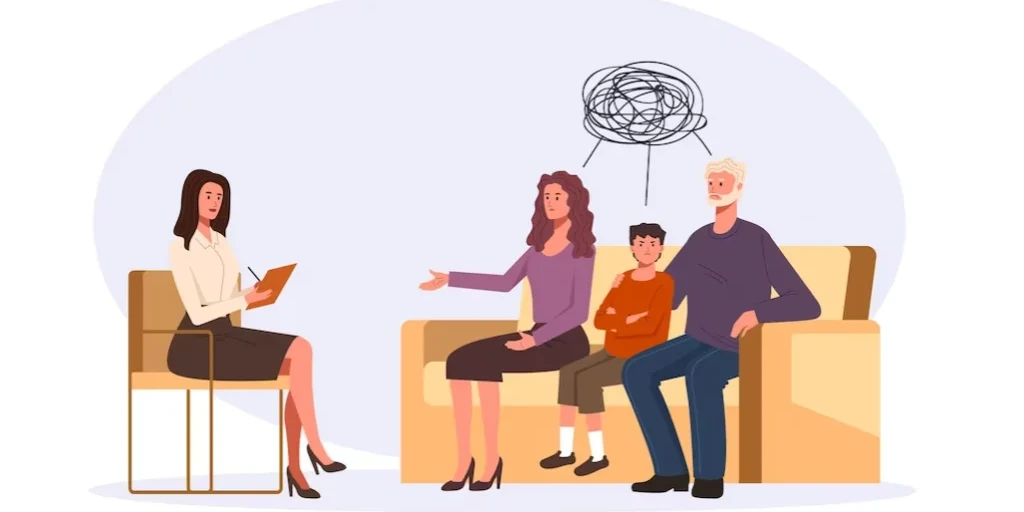Rehab centers in Menominee County, Wisconsin, provide comprehensive treatment for a wide array of addiction issues. They cater to individuals struggling with substance use disorders, including but not limited to alcohol, prescription medication, and illicit drugs such as cocaine, heroin, methamphetamine, and benzodiazepines. In addition to traditional substance addiction, many facilities are increasingly recognizing the prevalence of behavioral addictions, such as gambling, shopping, and technology use. These centers employ evidence-based practices to ensure that each type of addiction is addressed with the appropriate therapeutic approaches. The treatment protocols often include individualized counseling, group therapy sessions, and family involvement, ensuring a holistic approach to recovery. Being situated in a community-oriented region, these programs also emphasize support from families and local organizations, fostering a peer environment that enhances recovery outcomes. Furthermore, many facilities provide services tailored to specific demographics, including adolescents, adults, and co-occurring disorders, so individuals can receive the most relevant support for their unique needs. Overall, Menominee County is well-equipped with diverse resources aimed at promoting lasting recovery.









































